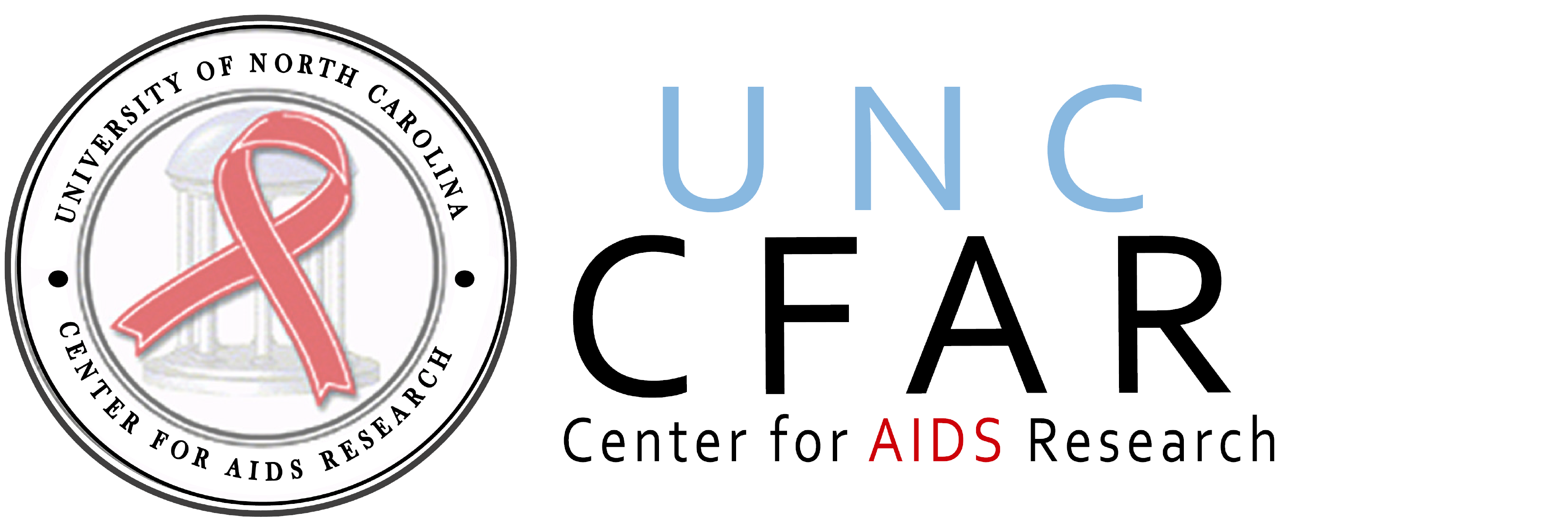UNC Lineberger Comprehensive Cancer Center (UNC LCCC) researchers have developed a groundbreaking mouse model for Kaposi sarcoma, a cancer prevalent among HIV-positive individuals. This model promises to facilitate the development of novel drugs for the disease, offering hope for improved treatment options. Published in Cell Host & Microbe, the study marks a significant milestone, providing the first-ever animal model for Kaposi sarcoma. By mimicking the disease’s complexities, including its dependence on signaling molecules and blood supply, this model opens avenues for studying and testing new compounds. Additionally, it sheds light on angiogenesis, the formation of new blood vessels crucial for tumor survival. With this breakthrough, researchers anticipate advancements in drug and vaccine development, leveraging insights into Kaposi sarcoma-associated herpes virus (KSHV) provided by their model.

UNC Lineberger’s Dirk Dittmer, PhD, (seen above) co-leader of the UNC Lineberger Virology Research Program and director of the UNC Viral Genomics Core, is the senior corresponding author.
To read the entire UNC LCCC news posting, click here.
